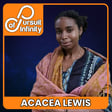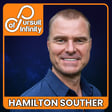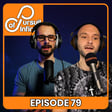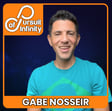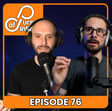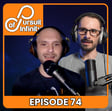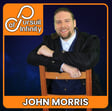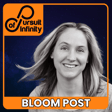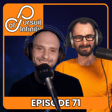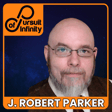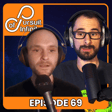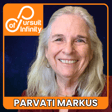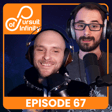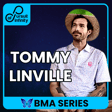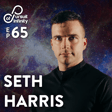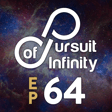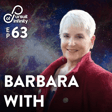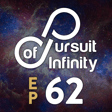
77. Angela Amirault - The Power of Psychedelic Therapy
This is episode 77, where we welcome psychedelic therapist and returning guest Angela Amirault. Angela is the founder of Altered Healing, a Halifax, Nova Scotia-based practice specializing in psychedelic therapy and guidance, available both in-person and online. With over a decade of experience as a psychotherapist and addictions technician, Angela is a highly skilled professional dedicated to supporting clients on their healing journeys. As a psychedelic therapist, she has accumulated over 500 hours of medicine session experience. In this discussion, we explore her approach to healing—for both her clients and herself—along with insights on spirituality, consciousness, and more.
https://alteredhealing.com/
https://www.instagram.com/alteredhealing/
https://www.facebook.com/Alteredhealing/
https://www.tiktok.com/ @AlteredHealing
https://www.youtube.com/@altered-healing
https://www.linkedin.com/in/angela-amirault/
https://www.google.com/search?sca_esv=e87afa569a3be21d&cs=1&output=search&q=Altered+Healing&ludocid=14550859093159581380&lsig=AB86z5XDibz0ShSzFB89K39hfzZT&kgs=be13205c0cbf4902&shndl=-1&shem=lsp&source=sh/x/kp/local/m1/1#
_________________
Music By R-Production
Follow Pursuit Of Infinity:
www.PursuitOfInfinity.com
Discord: https://discord.io/pursuitofinfinity
YouTube: https://www.youtube.com/channel/UCPpwtLPMH5bjBTPMHSlYnwQ
Spotify: https://open.spotify.com/show/58he621hhQ7RkajcmFNffb
Apple Podcasts: https://podcasts.apple.com/ca/podcast/pursuit-of-infinity/id1605998093
Instagram: https://www.instagram.com/pursuitofinfinitypod/
X: https://twitter.com/PursuitInfinity
Patreon: Patreon.com/PursuitOfInfinity
